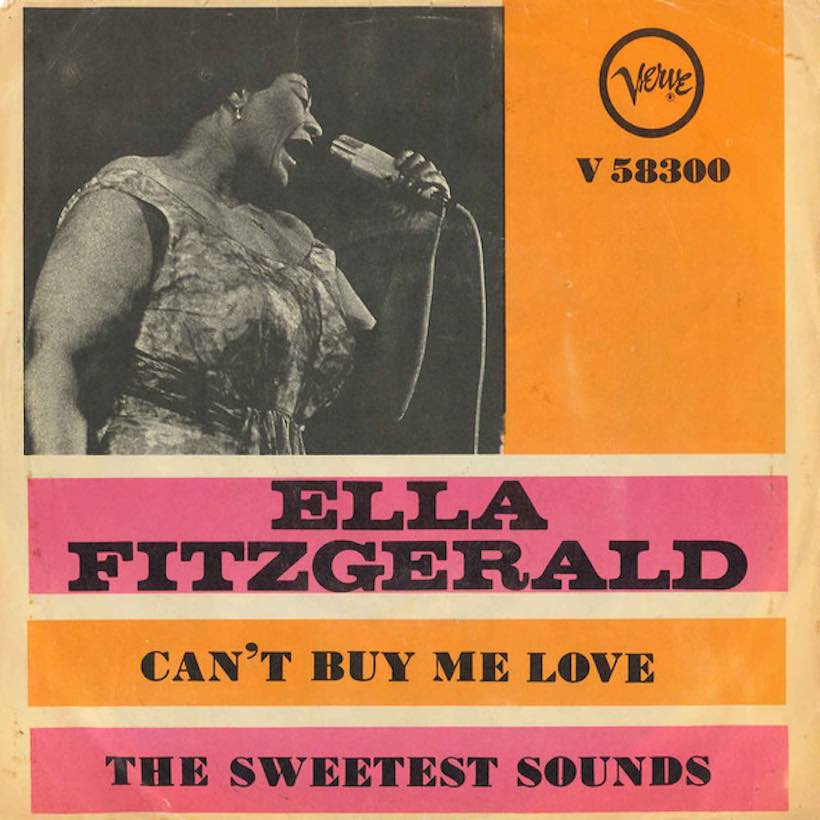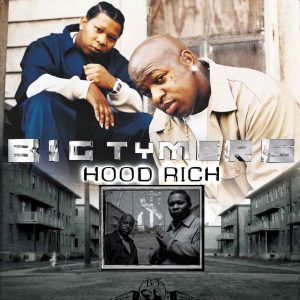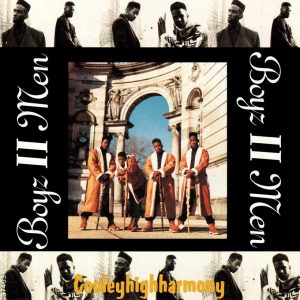Only a fraction of the almost infinite number of Beatles covers won the approval of the group themselves. One such example made the UK chart on April 30, 1964, when the queen of jazz vocalising, Ella Fitzgerald, became the first artist to hit the bestsellers with a version of an already-popular Lennon–McCartney song — with the help of the group’s own producer. And what a version it was, as she turned Paul’s “Can’t Buy Me Love” into a big band gem for Verve Records.
The Rolling Stones had already taken a Beatles song into the UK countdown, via their second single “I Wanna Be Your Man.” But that recording pre-dated the one by their Liverpudlian friends. The Beatles’ original “Can’t Buy Me Love” was released in March 1964 and, it barely needs saying, raced to No.1 on both sides of the Atlantic and around the world.
Ella in London
Ella was a huge fan of the group, and would often quote them musically in her live performances. In March and April 1964, she was recording her next Verve album Hello Dolly! with producer Norman Grantz. Eight songs for it were cut in New York on March 3 and 4. By the time of the last studio date, appropriately in London on April 7, “Can’t Buy Me Love” was dominating the airwaves and had started a three-week run at the top of the UK bestsellers.
Fitzgerald seized the chance to give the song a unique and unforgettable makeover. With a masterful big band arrangement by none other than George Martin, overseen by conductor Johnnie Spence, she restyled the song for her peerless jazz vernacular. The man who wrote it was seriously impressed.
‘I was very honored’
“‘Can’t Buy Me Love’ is my attempt to write a bluesy mode,” McCartney later told Barry Miles in the book Many Years From Now. “The idea behind it was that all these material possessions are all very well but they won’t buy me what I really want. It was a very hooky song. Ella Fitzgerald later did a version of it which I was very honored by.” Martin was just as thrilled.
Ella’s rendition didn’t make the US charts, but it entered in the UK at No.47, as The Beatles’ original fell 2-4. With that still in the Top 20, the jazzy reworking peaked at No.34, the last UK singles chart entry of Fitzgerald’s lifetime. As she told Peter Jones in Record Mirror: “People think I sneer at the hit parade because of the material I sing. Well, I can tell you that every singer likes to be up there in the bestsellers.”
Listen to the best of Ella Fitzgerald on Apple Music and Spotify.




